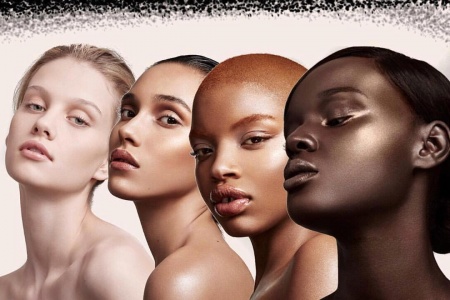
Make-up has been around for 7,000 years, stretching back to ancient Egypt when Cleopatra allegedly used crushed carmine beetles and ants to create the perfect rouge lipstick. For decades the beauty industry has been constantly evolving through producing new products for every inch of your face, discovering new formulas and the creation of new brands. It’s an ever-growing industry that is continuously growing more and more popular than it already was. Within the past 5 years the make-up industry has noticeably boomed and it’s became an even more popular trend that even your boyfriend can’t ignore. With thanks to the digital age I personally believe this increased popularity has been supported by the rapid growth of influencers and make-up artists posting videos on Instagram and YouTube. Influencers are consistently driving sales for brands through sharing reviews on their platforms to loyal followers, who then scramble to purchase all these products and further drive the consumer market in the beauty industry.
The beauty industry is rapidly growing with new brands, resulting in increased competition for the established ones such as, MAC, Nars, Benefit etc. therefore, the need for constantly releasing new innovative products has become more prevalent. It’s not uncommon to see the same make-up brand release a new eyeshadow palette every 5/6 months *cough* Morphe, Huda Beauty, Anastasia BH *cough* however, you can’t blame them as competition is so tough and consumers are always wanting more, especially better quality and a bigger range. In 2019 make-up couldn’t get any bigger, it’s a saturated industry with an endless list of brands to choose from. Majority of them have been around long enough to understand what works and what doesn’t, they’ve tried and tested every formula, they know what packaging works and they have a loyal group of influencers to turn to for positive reviews. Taking all this in mind, I’ve realised there’s one thing brands still aren’t getting right and that’s a colour inclusive foundation range.
To start I know you’re wondering how this even affects me for this to be a topic of discussion. We are sitting in Ireland where the opportunity for a sun tan comes around once every year (If we’re lucky) and my usual foundation purchases don’t extend beyond ‘Porcelain’ or ‘Ivory’, unless I’ve slathered myself in a bottle of dark tan lotion. However, in a time when representation for people of colour and other social issues are still a popular topic of debate, it’s always good to raise awareness and speak out when massive corporate businesses aren’t providing for an entire population; even when it’s something as a minor as make-up. After all, the power of a few voices on social media can make a difference – which I’ll cover later on.
The downfall of Tarte Shape Tape
If you’re a make-up lover I’m sure you’ve heard of Tarte’s popular Shape Tape Contour concealer, if you haven’t, well then… HOW?! Throughout 2018 this product was constantly on the lips of every social influencer or beauty guru. It was a much-coveted product with endless positive reviews and Tarte really seemed to have struck lucky with this one. However, this is the starting point for what got people talking about the non-inclusive culture in the beauty industry. Of course, this has been an issue when buying foundation for people of colour for years however, the Tarte controversy blew up for the fact it was 2018 and for a global and experienced brand to miss the mark that badly, showed it was time to talk.
In February 2018, following their Shape Tape concealer success, Tarte released their Shape Tape foundation *cue the eyebrow raises*. To the shock of the beauty community, Tarte announced they were releasing 2 formulas, one for people with dry skin and another for people with oily skin however, the big shock came with the fact there was only a 15 colour shade range and low and behold, only 3 shades for darker skin complexions.
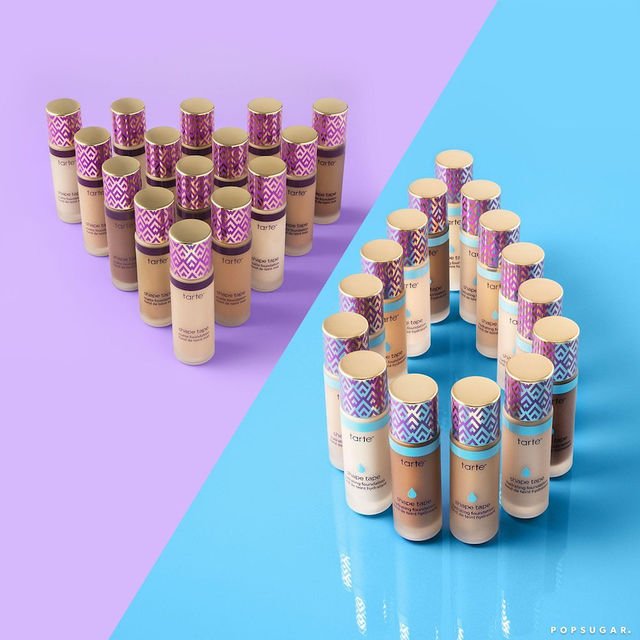
Tarte’s reveal for their hydrating and matte Shape Tape foundation ranges. Quite white if you ask me?
The uproar began and rightfully so, how could a multi-million dollar company founded in 2000 release a foundation in 2018 with a 15 colour shade range. Only 3 shades catered to people of colour (PoC). There was no way this could be excusable, especially when long-standing high-end brands like MAC, Nars and Bobbi Brown have provided extensive shade ranges for years – showing it’s not impossible to produce. 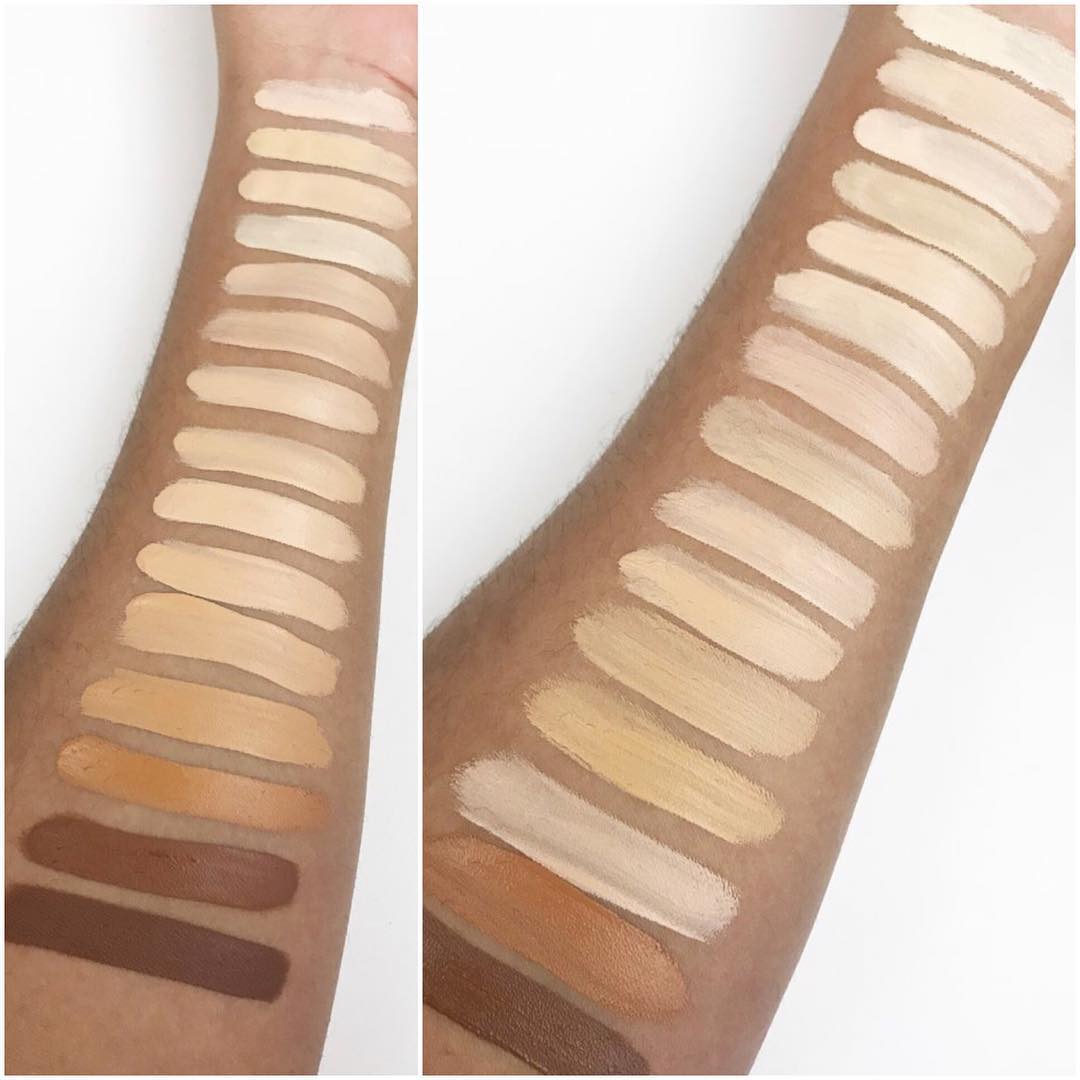
Tarte were able to produce two formulas for their foundation but, they couldn’t produce more shades – how does this make sense? As you can see by the swatches, the representation for people of colour was abysmal. It clearly shows lack of care, awareness and attention to their consumer market. Why have they assumed these 3 shades are suitable for all PoC? It truly screams that Tarte had an evident bias towards one target market.
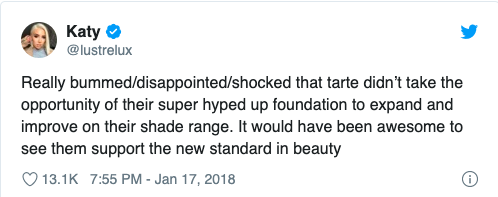
Influencer Lustrelux expressing disappointment in Tarte for this missed opportunity for what could’ve been the biggest beauty launch in 2018.
Following the backlash on social media from consumers and influencers, Tarte were forced to release a statement. There’s no denying Tarte most likely did feel awful for their failed campaign and release, but we’ll always question whether they genuinely felt sorry for the right reasons. I say this because of their apology –
‘We all just got caught up in #shapetapenation and seeing your tweets asking for it… We wanted to get the product out as fast as possible, and we made the decision to move forward before all the shades were ready to go.’
My first thoughts that came to mind when I read their apology was, how could a brand evidently state that they favoured the release of their lighter and pale shades to cater to their Caucasian consumers before their PoC consumers? Why must Caucasian consumers receive priority treatment for the sake of satisfying a hype? Was a rushed release for quick profit worth alienating half your consumers? As I said before, we’ll never know whether they were sorry only because of the scrutiny they faced for their mistake. In my eyes this is a mistake that was hard to miss and surely one member of their boardroom alerted their team to this blatant snub.
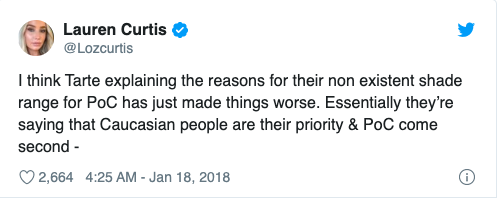
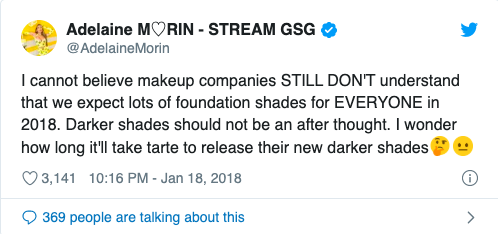
Following on from their statement, Tarte pulled their foundation from the market and planned for a re-launch with the complete 50 colour shade range. Unfortunately, the anticipation was never going to reach the initial reaction and people won’t forget. Too little, too late, I guess?
Fenty Beauty the example we all need
The beauty industry was shook when Rihanna announced she was launching her own cosmetics brand in 2017. Little did we know she was about to create the most inclusive and iconic brand in the beauty world. Rihanna was quick to set the standard for what should be expected and provided by beauty creators in this day and age. Her first product was her Fenty Pro Filt’r Soft Matte Longwear foundation boasting a 40 colour shade range. Her brand ignited the much needed and long overdue conversation about how important colour inclusivity is and how empowering a brand can be for people of colour.
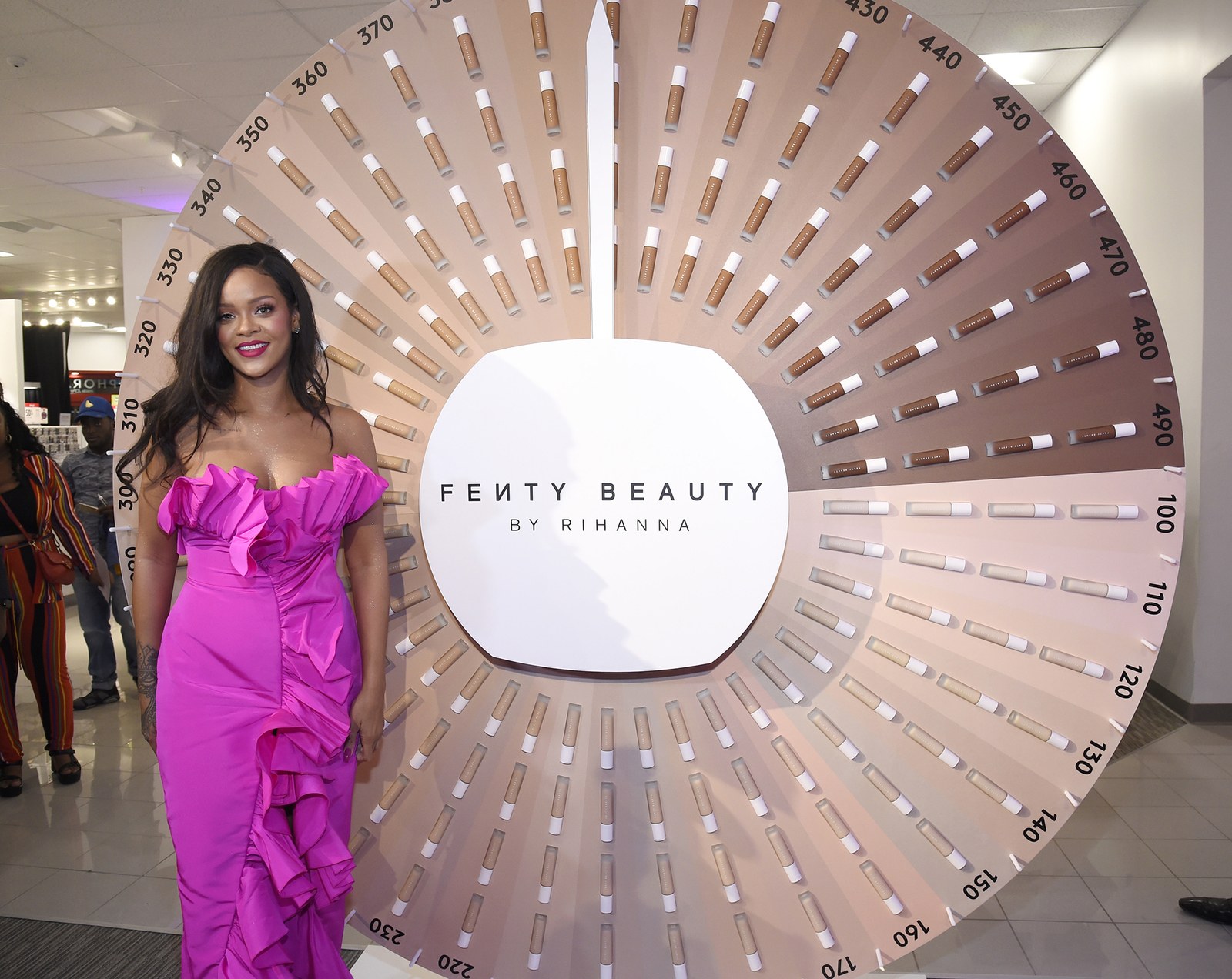
My question to raise amongst this amazing feat is, why must it take a proud black woman to begin a conversation on colour inclusivity in the industry and why is she the first to make such a massive impact and set the standard? Yes, brands like MAC have created a wide range before however, in the past few years, new brands are constantly emerging and new products have been made. Consumers want to be able to shop around; not secluded to one brand. Therefore, make-up brands shouldn’t have to wait until a competitor has released an inclusive product to decide to follow suit.
Rihanna continues to do what Tarte initially tried to, as she recently released her Fenty Pro Filt’r Hydrating Foundation in 50 shades. Now offering her product to two different skin types to a multitude of skin tones.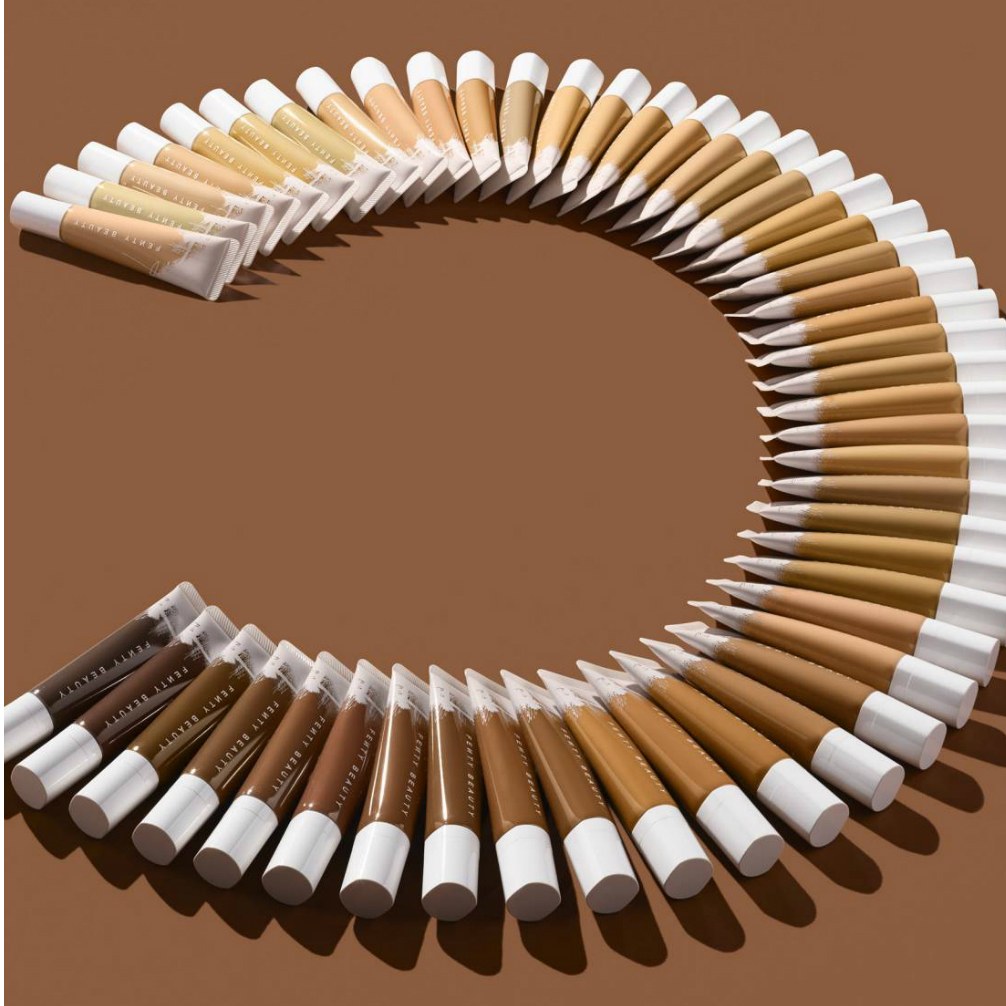
“I wanted to take Pro Filt’r beyond skin tone to serve all skin types. Nothing is more important to me than making sure that everyone feels included.” – Rihanna
It’s great to see the topic of colour inclusivity becoming such a popular topic of discussion in the beauty industry. It’s reassuring to see brands marketing their products with models of all skin tones and pushing for a balanced representation. On top of colour inclusivity, it’s clear that brands are pushing towards a more united front for body positivity and gender inclusivity as well.
A few examples of brands that are joining this movement are…
-
KKW Fragrance
CEO Kim Kardashian has began marketing her products with photographs of women of all different sizes and colours to promote body positivity and the message that no body is the ‘perfect’ shape or size.
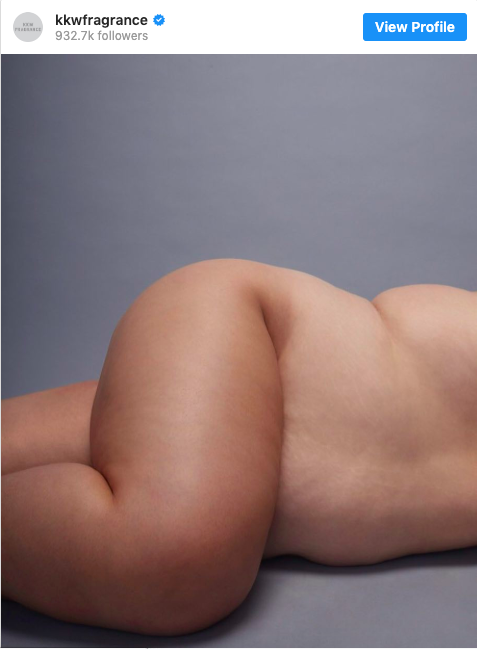
-
Revlon x Ashley Graham
Plus-size model Ashley Graham landed a make-up collaboration with Revlon where she actively promotes body positivity. We’re so used to seeing more petite models appear in beauty campaigns that we became conditioned to thinking this was the ‘norm’. Revlon have broken this ideal through an empowering and positive role model.
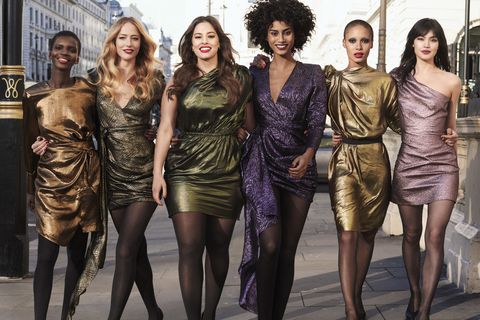
-
CoverGirl
CoverGirl made social media influencer James Charles their brand ambassador, promoting gender inclusivity in the beauty industry. This came at a time where men were breaking into the industry and showing, cosmetics has no boundaries.
![covergirl]](https://ulsterprstudentblog.com/wp-content/uploads/2019/10/covergirl.jpg)
I look forward to the upcoming year to see how the beauty industry reacts to these ever-changing movements and the continuous breaking of ‘social norms’. The colour and gender inclusivity movement along with body positivity seems to be in full flow in 2019 however, there’s always room for improvement. The make-up world has a lot of work to do but, as long as strong and powerful women like Rihanna is around, I think we’re in safe hands.
Marie-Claire Leung is a final year Bsc Communication Management and Public Relations student at Ulster University. She can be found at: LinkedIn – Marie-Claire Leung